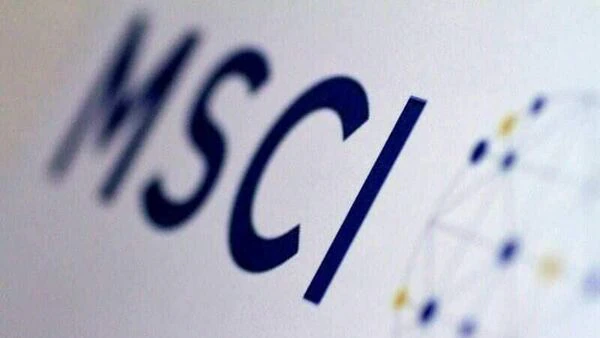Description

Copyright infringement not intended
Picture Courtesy: www.livemint.com
Context: The addition of nine Indian stocks to the MSCI Global Standard Index is a significant development shaping global investment decisions, especially for passive funds, within the financial markets.
Key points regarding this development:
Stocks Included in MSCI India Standard Index
- IndusInd Bank: Expected to attract approximately $290 million in inflows.
- One 97 Communications (Paytm): Estimated inflows of $163 million.
- Tata Motors 'A' (Tata Motors DVR): No specific inflow was mentioned.
- Suzlon Energy: Expected to receive around $264 million.
- APL Apollo Tubes: Anticipated inflows of $227 million.
- Macrotech Developers: Expected to see inflows of $183 million.
- Persistent Systems: Estimated inflows of $258 million.
- Polycab India: Predicted to attract around $190 million.
- Tata Communications: Expected to witness inflows of $160 million.
.jpg)
Implications
- The changes in the MSCI Global Standard Index and Smallcap Index are likely to impact passive funds and attract substantial inflows into the newly included stocks.
- Investors and market participants may adjust their portfolios based on these changes to align with the MSCI indices.
MSCI (Morgan Stanley Capital International)
- MSCI indexes are a series of global equity indices that are widely used as benchmarks for investment performance.
- It provides a range of indexes that cover various geographic regions, countries, sectors, and market capitalization sizes.
- They are used by investors, fund managers, and financial institutions for benchmarking their investment portfolios and analyzing market trends.
Some of the key MSCI indexes include:
- MSCI World Index: Represents large and mid-cap equity performance across 23 developed markets, covering approximately 85% of the free float-adjusted market capitalization in each country.
- MSCI Emerging Markets Index: Tracks the performance of large and mid-cap companies in 27 emerging market countries. This index is widely used to assess the performance of investment portfolios focused on emerging market equities.
- MSCI EAFE Index: Measures the performance of developed market equities in Europe, Australasia, and the Far East. EAFE stands for Europe, Australasia, and the Far East.
- MSCI USA Index: Focuses specifically on the equity market performance in the United States.
- MSCI ACWI (All Country World Index): A broad global equity index that includes both developed and emerging markets. It covers more than 3,000 constituents across 49 countries.
.jpg)
Conclusion
- These adjustments in the MSCI indices reflect the dynamic nature of global financial markets and the continuous evolution of investment landscapes. Investors, especially those using passive investment strategies, closely monitor such index changes for potential opportunities and risks.
|
PRACTICE QUESTION
Q. How do trade agreements and tariffs impact the global economy, and what are the potential benefits and challenges associated with free trade on an international scale?
|













